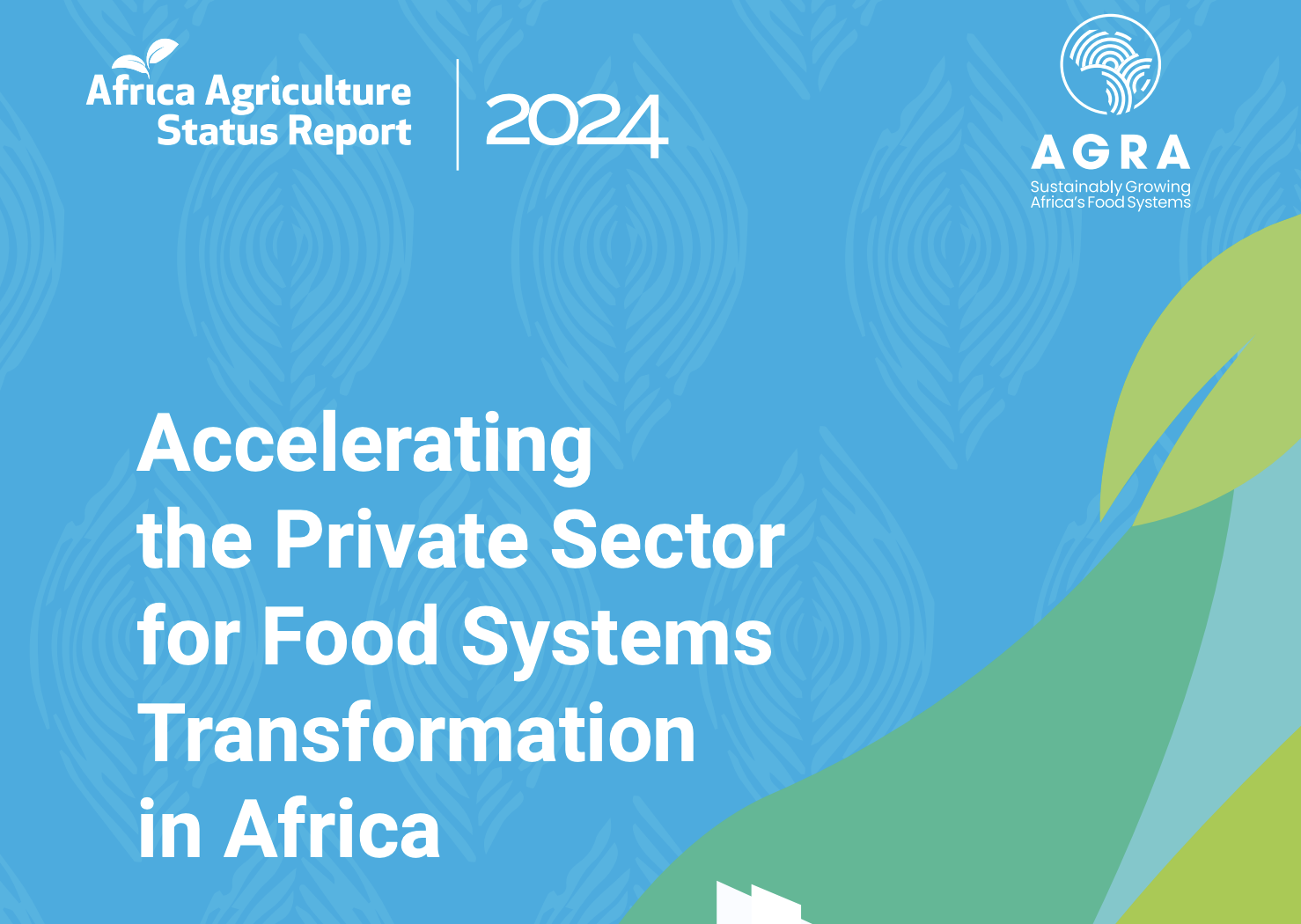Anthony John
The 2024 Africa Agriculture Status Report (AASR), titled “Harnessing the Private Sector for Food Systems Transformation in Africa,” has highlighted Tanzania’s strategic use of agro-industrial growth corridors to enhance its agricultural productivity and value addition, significantly contributing to the country’s economic transformation.
The report emphasizes that Tanzania is among the leading African nations actively developing dedicated agro-processing parks and agro-industrial growth corridors, supported by development partners such as the African Development Bank (AfDB). These initiatives are part of a broader strategy to revolutionize the agricultural sector by “integrating high-productivity farming with processing centers, and benefitting from public infrastructure and services.” According to the report, these growth corridors are vital for “creating synergies between agriculture and industry,” which help boost both productivity and economic value across the agricultural value chain.
Key Initiatives: Agro-Industrial Parks and Growth Corridors
Tanzania’s approach includes the development of Integrated Agro-Industrial Parks (IAIPs) and Special Agro-Industrial Processing Zones (SAPZs), which serve as central hubs for agricultural transformation. These zones are designed to attract investments in agro-processing and value addition, with the goal of “reducing post-harvest losses, increasing local processing capacity, and boosting export potential.” The report notes, “Tanzania’s strategy aligns with best practices for fostering a more dynamic and inclusive agricultural sector,” highlighting the country’s efforts to leverage these zones as a catalyst for sustainable economic growth and enhanced food security.
Driving Economic Transformation Through Agro-Industrialization
The report underscores the crucial role that agro-industrial growth corridors play in linking smallholder farmers to larger markets and value chains. “By improving access to inputs, credit, and markets,” these corridors enhance the efficiency and competitiveness of the agricultural sector. The Tanzanian government’s investment in infrastructure such as roads, storage facilities, and market access is described as “pivotal in supporting these agro-industrial zones, making them more attractive to both local and international investors.” The report further states that these infrastructure investments are essential for “creating a conducive environment for agro-industrial activities” and for “driving forward Tanzania’s agricultural transformation.”
Challenges and Opportunities
While the development of agro-industrial parks and growth corridors presents substantial opportunities for agricultural transformation, the report also identifies several challenges that must be addressed to ensure long-term success. These include “the need for better coordination between public and private sectors, effective policy implementation, and ensuring sustainable use of resources.” The report cautions that the success of these initiatives in Tanzania will depend on “continued investment, effective governance, and alignment with broader national development policies,” urging stakeholders to focus on these areas to maximize the impact of the growth corridors.
A Path Forward for Sustainable Growth
The AASR 2024 calls for a coordinated effort by the Tanzanian government, development partners, and private sector stakeholders to address the challenges and capitalize on the growth opportunities presented by agro-industrial corridors. By focusing on infrastructure development, enhancing policy frameworks, and fostering public-private partnerships, Tanzania can “accelerate its agricultural transformation” and significantly contribute to food security and economic growth across Africa. The report concludes with a call to action: “By strategically investing in agro-industrial growth corridors, Tanzania is not only boosting its own economic potential but also setting an example for other African nations to follow.”
